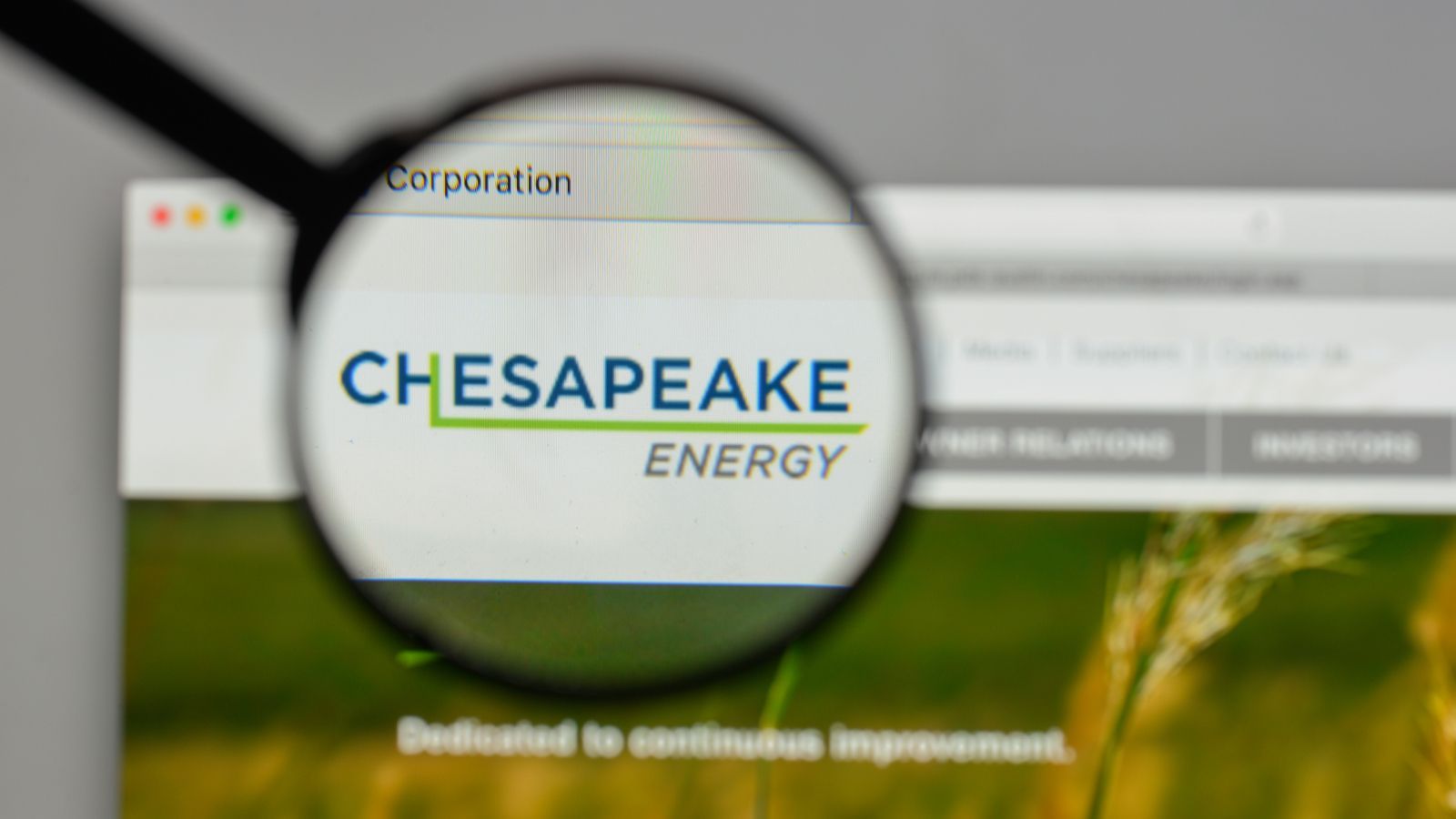As you may know full well, Chesapeake Energy (OTCMKTS:CHKAQ) is bankrupt. So, is there any value left in Chesapeake stock? Right now, markets believe that’s the case. Instead of trading for close to zero, shares change hands today at nearly $9 per share.

But, when’s all said and done, consider zero the long-term price target. Simply put, the company’s liabilities vastly exceed assets. And, with oil prices still depressed, the value of said assets may be less than what they’re worth on paper.
In short, with not enough to pay back debt holders, forget about anything left for shareholders. In Chapter 11, chances are the company will meet debt obligations by giving debt holders equity in the company. And, with said equity likely worth less than the par value of the debt, shareholders aren’t getting a dime.
So, despite this dire forecast, what’s with shares still retaining value? Sometimes, there’s a remote possibility there’s some value left for shareholders. But in the case, it’s pretty obvious that the common stock will be worthless once bankruptcy proceedings wrap up.
If you own shares, sell now, while they still have some value. If you haven’t bought in yet? Avoid it completely.
Chesapeake Stock After Bankruptcy
Speculators may think they’re buying a lottery going long CHKAQ stock after its bankruptcy filing. But, before taking even a long-shot gamble, they should read the fine print. Or, at least, check out the analysis available online that breaks down what’s next for Chesapeake in Chapter 11.
As this commentator wrote earlier this month, shareholders should expect no recovery once the company’s Chapter 11 bankruptcy wraps up in February. While there is some opportunity for those buying the company’s unsecured notes, there’s no rational reason to buy the equity.
At the end of the bankruptcy case, the current common stock will be cancelled. And that’s that.
Yet, this hasn’t stopped speculators from propping up Chesapeake stock. Granted, today’s valuation isn’t as irrational as it was when shares still traded on a major exchange. If you recall, shares traded wildly in the weeks before its bankruptcy announcement. From mid-May to early June, shares went from single digits to more than $70 per share.
Could we see a second round of these irrational rallies? Don’t count on it. With shares now trading over the counter, fewer retail investors can trade the stock. That is to say, there’s no longer a Robinhood factor to consider.
The stock trading app’s users were a major driver of Chesapeake’s prior epic rally. Without them, don’t count on an encore.
Buying Chapter 11 Stocks Is Gambling
Normally, avoiding “Chapter 11 stocks” (companies in bankruptcy) is a no-brainer. Chapter 11 exists to allow companies that got in over their heads to settle their debts without disrupting operations. While this benefits many stakeholders (customers, debt holders, employees), it usually comes at the cost of common shareholders. They take a 100% loss on their investment.
But, in late May and early June, retail speculation drove many bankrupt stocks higher. A similar thing happened with Hertz (NYSE:HTZ) stock, as InvestorPlace’s Tom Yeung discussed July 24. Shares skyrocketed to the chagrin of short sellers, but to the delight of individual investors.
Buying into bankrupt stocks is not quite investing. It’s gambling. Granted, sometimes specialists buy stocks in Chapter 11. But that’s only when they’ve done their homework and found there’s some value left in the equity.
Here, it’s been pure speculation. Those less experienced with bankruptcy situations, buying shares on the hopes someone else will buy them later at a higher price.
Sure, this strategy sometimes works. Until it doesn’t. And, with the Robinhood effect dying down, it’s unlikely Chesapeake stock, or the many other bankrupt stocks, for that matter, will see it work again anytime soon.
As today’s shareholders get the message, they’ll head for the exits. Expect this company’s shares to trend lower as the bankruptcy process continues. Then, shares will hit zero on cancellation.
Sell Chesapeake Stock Now
If you made quick profits trading Chesapeake shares back in June, consider yourself lucky. Take your windfall gains and put them to work in more certain opportunities.
Another epic rally isn’t in the cards. With shares now trading on the over-the-counter market, there’s no longer the retail investor access required to drive another round of mania.
And, with the Chesapeake stock expected to be worthless once its bankruptcy wraps up early next year, it’s only a matter of time. In short, if you own shares now, sell them while there’s still some value left. Otherwise, avoid it completely.
Thomas Niel, contributor to InvestorPlace, has written single-stock analysis since 2016. As of this writing, Thomas Niel did not hold a position in any of the aforementioned securities.
